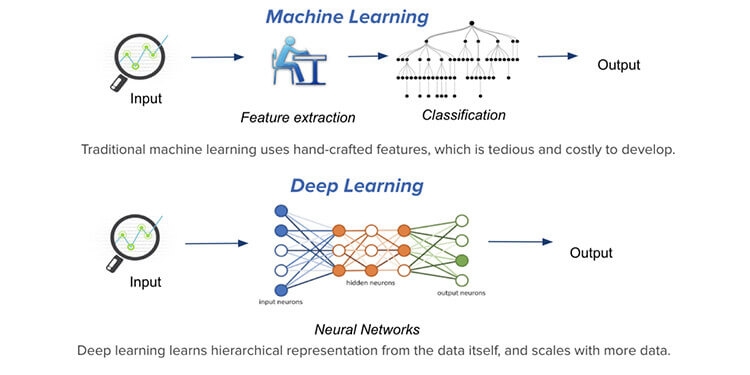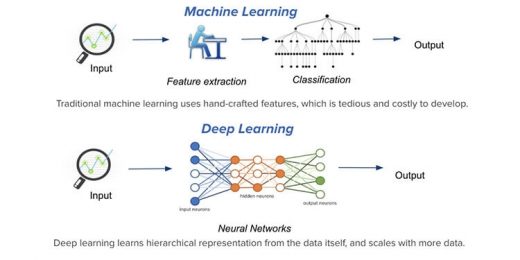Merkle Tests Performance Models, Strengthens Others
Merkle Tests Performance Models, Strengthens Others

Merkle ran several headline tests in Google dynamic display advertising based on what marketers saw in Google Responsive Search Ads, which can dynamically generate several variations of text ads for the copy.
The team took the best-performing copy and used it in display campaigns. “They improved click-through rates and conversions in display advertising,” said Matthew Mierzejewski, SVP and search capability lead at agency Merkle.
Customer segmentation also has been a big push at Merkle in terms of how someone applies the strategy to digital media. It’s about applying good segmentation to digital, Mierzejewski said.
“Cross-channel customer segmentation and modeling will become more important in a cookieless future because inside Google, Facebook and Adobe, you’re working with their identifiers to segment users,” Mierzejewski said.
First-party data is required as third-party cookies become less useful. One of the best first-party cookies is the website analytic tag.
Connecting the user experience to semi- or fully known customers and decide how to market to them will require modeling. First-party data requires brands to speak with customers through an ID or tag and then do customer segmentation off those visitors.
Mierzejewski said it’s very different from trying to set a third-party tag and attempting to use that information.
The performance is based on any type of information such as time onsite, devices and location, although all is anonymized first-party data and addressable.
(17)


